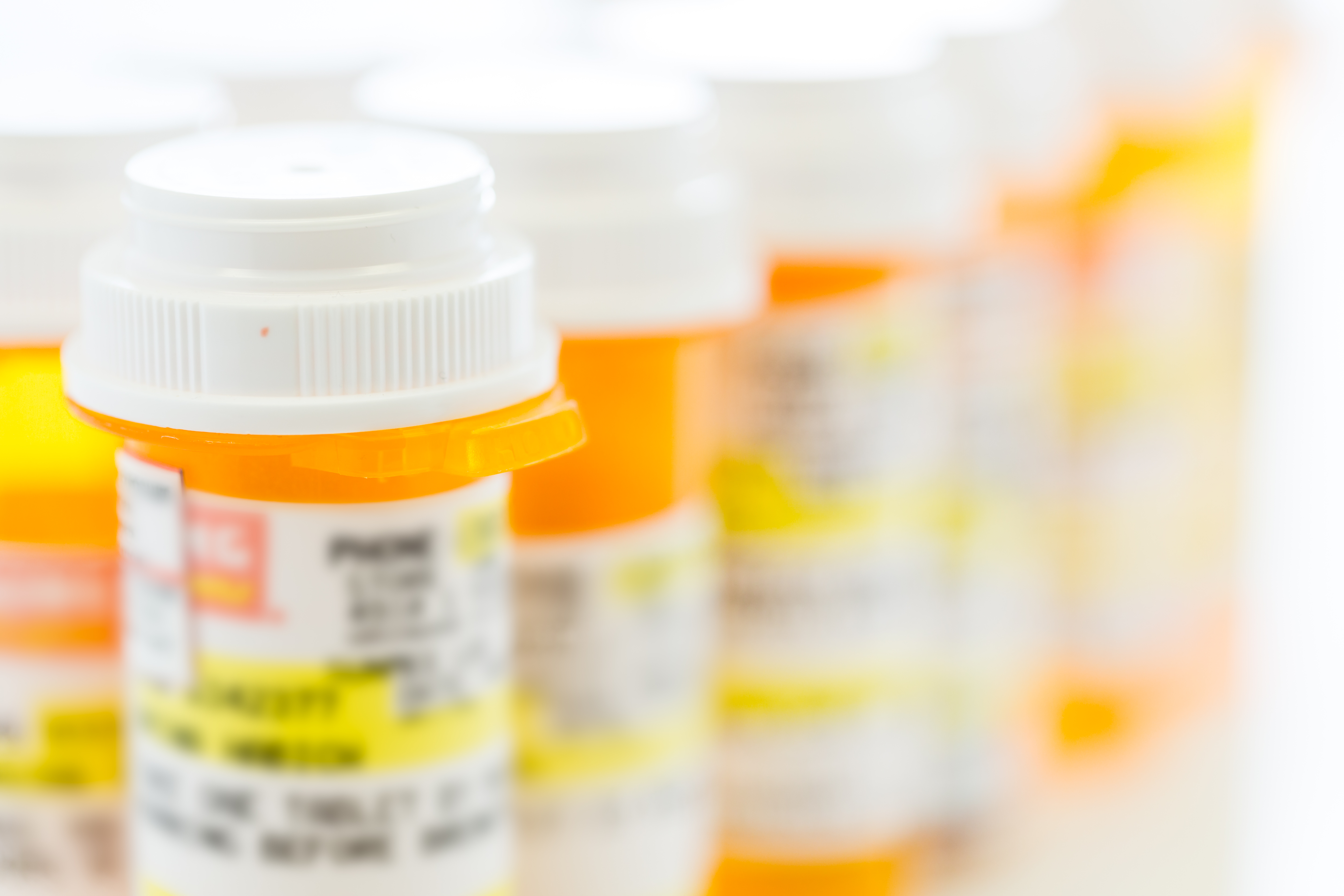Prescriptions and Their Purpose
Prescriptions. Scrips. Meds. Pills. Whatever you call them, medicine plays a real role in helping us get to a place of emotional stability. While they aren’t a magic bullet erasing all the symptoms of our mental illness, we should never underestimate the benefits we can derive from taking a medication.
Prescriptions Can Be a Helpful Tool
Prescriptions can be a touchy topic for those living with mental illnesses. A mechanism for helping us achieve and maintain more stable moods, their role in the healing and recovery processes should not be underestimated. So why are prescriptions controversial?
Let’s start with the stigma. For some of us, getting a prescription suggests that there is something really, really wrong with us – that we are inherently broken in some way. I’m not shying away from this statement: we are designed differently. More and more research finds that our brains are shaped uniquely and our neurological pathways function differently than in those without a brain disorder. And for those of us suffering from trauma-induced depression, anxiety, or PTSD, our brains have fallen off the rails a little bit and need a cushion. Rather than being “broken,” we are simply designed differently – either for life or for the moment. As with cancer, birth defects, and other illnesses, mental illnesses fall on spectrum. Some are mild enough that most people wouldn’t even know we suffered and can be fairly well-managed with just basic self-care skills such as a good diet and exercise. Others are severe and require constant supervision and energy. A good example is the flu: If you have the flu with no fever, you will probably stay at home, in bed, and go through Kleenex and chicken soup like crazy for a few days. If the flu gets worse though, you could end up in the hospital, fighting for your life. Is staying home to recover a bad idea? Does taking an antibiotic or receiving an IV when you have the flu mean you are broken? Or does it mean that you are doing what it takes to care for yourself and get healthy?
The next concern I hear most frequently is that prescriptions are pushed by “big pharma” to drive their profits. This is a tricky one to tackle: Pfizer and other pharmaceutical companies are businesses first and foremost – they exist to make a profit. And, if they don’t make a profit, they go out of business and we lose the benefit of the medications they make. Does this mean that sometimes people make shady calls in the name of the almighty dollar? Yes. Does this mean we should not explore our medicinal options as part of our treatment plan? Absolutely not. The related fear here is that the drug companies are focused on getting us “hooked” and making us customers for life. When I hear the word, “hooked,” I think addiction. Do I take my pills consistently? You betcha. Can I tell a difference when I am off them? Yes. Do I go through withdrawal symptoms and scramble to get my hands on higher dosages? No – I’m not addicted. That being said, I am also a customer for life. Because my pills work.
There’s a Part B to this concern that I also feel compelled to addressed: Are we poisoning our bodies by putting harmful chemicals in them? First, let’s get past the word “poison.” All medicines are poisonous in the wrong dosages. Not only that, but everything we find in nature is a chemical. Water is a molecule; when we cook, it interacts with the chemicals in chicken. When we add heat to the equation, a chemical reaction occurs and we get yummy, delicious poached chicken. Side effects are part of the chemical equation, and there’s no way to know exactly how your body chemistry will react to a new medication. For this reason, working with your doctors and making sure you are educated is really important. Most doctors will only grant prescriptions once they understand your overall health, your symptoms, and your history (especially any history of addiction). From there, they generally prefer to start you off at a low dosage and gradually increase it (typically only every four weeks), monitoring both for its effectiveness and your side effects.
The next thing I tend to hear is the concern that “I will become a zombie,” or “I still want to be able to feel emotions.” In most cases, this only happens when there is a mismatch in your body chemistry and either the medication you are taking or its dosage. As I stated above, this is one reason why most doctors like to go “low and slow.” Start with the smallest dosage possible, and then increase it very slowly, monitoring your response along the way.
At this point, you may still be nervous. It can be scary to introduce something new in to your routine, especially when it’s so deeply stigmatized in our culture. Yet, medications can be an important part of our self-care plan.
I look at my prescriptions as simply one tool in my toolbox. When I am on my medications, I have space between my emotions and my actions. My body and my mouth no longer instantaneously react to every little thing. As a result of this space, I have been able to learn tools that help me live my life better. Learning those tools make my self-care easier and helps me ride out my more extreme moods with fewer (if any) negative consequences. I continue to take my medications on a daily basis because they also help minimize how severe my mood swings are. They are still larger than the average person deals with, but they’re also not severe enough to cause me to throw caution to the wind and pick up and move states with no job and no support network. (I’ve done that twice. Rough experiences.)
I’m not the only one who’s happy to see me stay consistent on my pills. My family say they see a difference in me: I am calmer and better able to handle stresses that previously would have thrown our whole family into chaos. My prescriptions have a key role in my mental health, but they aren’t the only component. If you are considering trying a prescription, I would say: go for it. Your realistic worst-case scenario is that they don’t work for you, so nothing changes. Your best case scenario? An accelerated path to recovery and mental health.
Have you had any experiences with prescriptions for a mental health condition? I’d love to hear your feedback in the comments below!
Looking for daily inspiration and community? Join our warm and supportive Facebook group!









